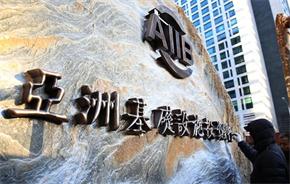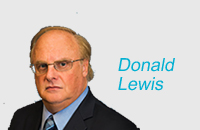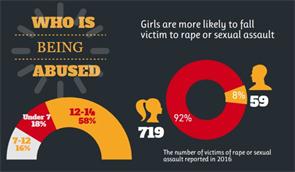Burger or noodles?
[2005-11-18 06:22]After having spent some time in Beijing and Shanghai, I can't help but wonder why any sensible Chinese man and woman in those cities would ever want to eat at fast food joints of US origin.
Sound fiscal discipline
[2005-11-15 06:22]As the mainland government is moving to reform the nation's outdated tax system, many discussions have focused on examples in the United States and Hong Kong, representing the opposite extremes of fiscal philosophy.
HK estate model relevant
[2005-11-08 05:57]When the Hong Kong property market was on the boil in the 1980s and early 90s, many mainland enterprises jumped on the bandwagon and laughed all the way to the bank. At that time, there were enough profits for almost everyone to share. And the much admired and widely copied "Hong Kong model" of real estate development was born.
China's rise no threat
[2005-11-01 05:55]China's record trade surplus in the first nine months has once again touched off a flurry of commentaries in the Western media about the so-called "China threat."
Roche's change of mind
[2005-10-25 05:59]It so happened that the decision by Roche, the Swiss pharmaceutical company, to share the manufacturing of Tamiflu for treating bird flu came less than a week after the virus was found to have landed in Europe. This represented an abrupt change in the stand taken by the multinational drug company, which had steadfastly rejected shared production requests from various Asian governments in the past several years when the disease killed as many as 60 people in a number of Asian countries.
Move up the value chain
[2005-10-18 06:22]In a recent television programme, a top executive of a domestic cellphone maker said that he was confident of beating all foreign competitors in the mainland market. Domestic manufacturers would win, he said, because they could keep their prices low.
Leaders need global vision
[2005-10-11 05:59]Being the first mainland company to launch a global search for a chief executive officer, Mengniu Dairy, based in the Inner Mongolia Autonomous Region, has set a precedent that all State and privately-owned enterprises should follow.
Good services needed
[2005-09-27 06:09]Shanghai has made tremendous progress in recent times and has become a cosmopolitan city alongside New York, London and Paris. But one thing is missing - good service. Not that it is bad, but it is, well, uneven.
Disneyland in Shanghai?
[2005-09-20 06:28]The opening of the multi-billion-dollar Disneyland theme park in Hong Kong has fuelled widespread speculation about whether the United States entertainment conglomerate will build a similar wonderland in Shanghai.









